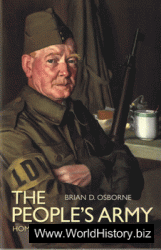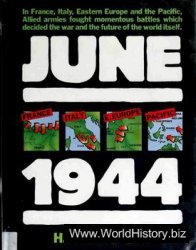Until the middle of the third century ce writers are able to quote from a large number of these roughly three hundred plays, as well as from plays by less esteemed tragic poets. But from about 250 onward, quotation seems to be confined to seven plays each of Aeschylus and Sophocles (the seven that have come down to us) and ten of Euripides (those with scholia - Hecuba, Orestes, Phoenician Women, Hippolytus, Medea, Alcestis, Andromache, Rhesus, and Trojan Women - plus Bacchae). It is possible that this represents some kind of deliberate selection, perhaps motivated by pedagogy, though in the absence of any uniform system of education in the Greek world it is hard to see how such a decision could have had wide influence in determining what was available. It could equally well have been a chance result brought about by the popularity of these plays or (what may come to the same thing) the availability of commentaries. At about the same time occurred the change from the papyrus roll to the papyrus codex (the ancestor of our modern book, a sheaf of pages bound along one edge) and it has been suggested that the formation of collections of seven or ten plays to bind together in a book might have encouraged the process of selection. Whatever the cause, henceforth only these plays were widely copied, and it was these that reached Byzantium. There, as part of the revival of learning in the ninth century, the tragic patrimony was recopied, still in codices but this time in the newer minuscule hand. It is to be noted that among these plays are two, Prometheus Bound and Rhesus, that are now widely believed to be by persons other than their nominal authors.
The Byzantine scholars distilled the commentary on these plays until it would fit into the margins: the text itself was copied in a larger hand, and the commentary was written in tiny letters around it. These scholia vetera, as they are called, remnants of ancient scholarship, are to be distinguished from the scholia recentiora, comments intended to smooth the way for readers of medieval date, for whom the language of tragedy was becoming increasingly difficult. For a time all twenty-four of these plays were copied and commented on, but at some point in the thirteenth century a further selection was made, again possibly on pedagogical grounds. For each of the poets three plays were chosen, the ‘‘Byzantine triad,’’ and henceforth the majority of tragic texts copied were of these nine plays. There are far more copies of these available to the modern editor than of the others.
But a happy accident provided a source for further plays of Euripides. Nine plays beginning with the letters epsilon, eta, iota, and kappa (Helen, Electra, Heracles, Children of Heracles, Suppliants, Ion, Iphigenia among the Taurians, Iphigenia at Aulis, and Cyclops) somehow survived from the end of antiquity to be recopied in the Middle Ages. These plays have no scholia, and it is thought that they are the remnant of an Alexandrian edition arranged in rough alphabetical order. These ‘‘alphabetic’’ plays survive only in a fourteenth-century manuscript in Florence. So for these nine plays (plus Bacchae, which survives only in this manuscript and a copy of it) nearly nineteen centuries separate Euripides’ autograph from our earliest witness. For centuries on end, therefore, the text of these plays was subjected to corruption from the fallible eyes and fallible fingers of countless scribes and also to the interference of actors, scholars, and ordinary readers, some of whom may have thought they were making the plays better even as they corrupted them.




 World History
World History








